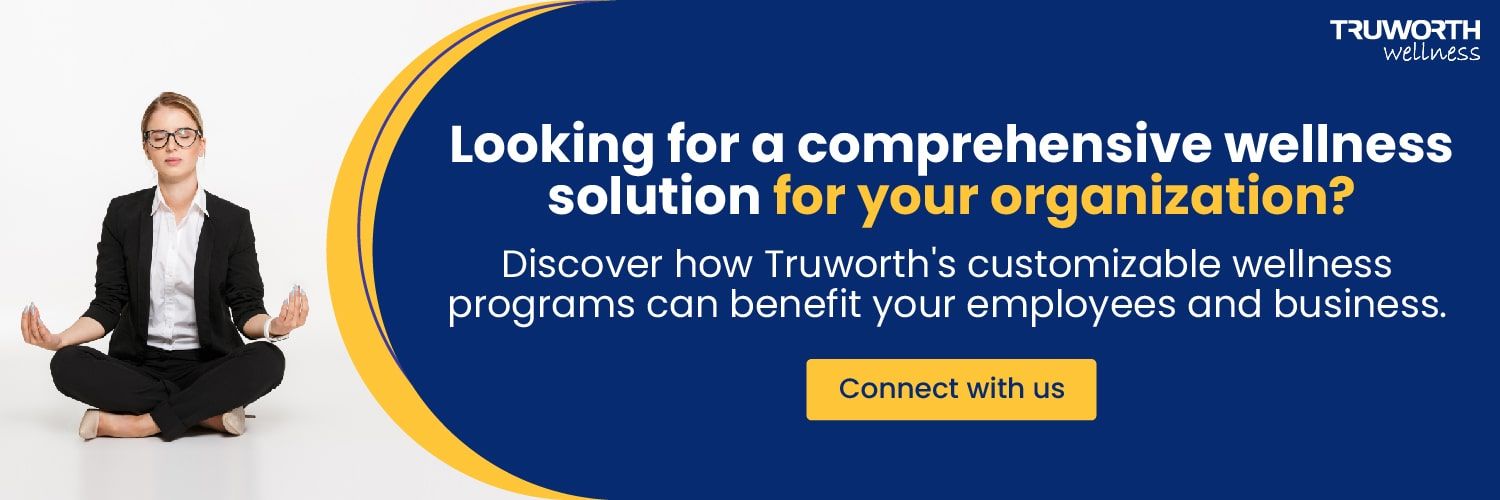Hidden Factors That May Be Hindering Employee Performance

Beyond the things we usually talk about, there are some really important factors that can affect how well employees do their jobs. These factors are kind of hidden and not often thought about, but they can make a big difference. Let's take a look at them and see how they matter.

1. How Employees See Themselves?
- How an employee thinks about themselves in the company can affect how they work.
- If they don't feel like they fit in or belong, it might make them not want to do their best.
2. Hidden Biases We Don't Know About
- Sometimes we have ideas we don't even realize we have, and they can impact decisions.
- It's important to learn about these hidden ideas to make sure everyone is treated fairly.
3. Who You Know Matters
- Having friends at work can help you get things done and learn more.
- Being connected to others can make a big difference in how well you do your job.
4. How Well We Understand Feelings Together?
- When a whole team can understand each other's feelings, they work together better.
- If we don't get how others feel, it can make the team not work so well.
5. Fitting In With the Company's Way
- If you agree with the way the company does things, you'll probably do better.
- But if you don't like the company's ideas, it might be hard to work your best.
6. The Stories We Tell Ourselves
- The stories we tell about our work can change how we feel about it.
- If we tell ourselves we're doing a great job, we might actually do better.
7. Who Has the Power?
- Some people have more say than others, and it can change how we talk and work.
- When everyone has a say, the team works better and comes up with better ideas.
Also Check: The Power of Validation for Employee Well-Being
8. Finding the Meaning in What We Do
- Feeling like your work has a bigger purpose can make you want to do better.
- If you don't think your work matters, it might be hard to give your best.
9. Trusting Each Other
- If we can be open about problems, we can help each other and work better.
- But if we don't trust each other, it's tough to make things work well.
Also Check: Office Politics: Resolving Conflicts/Issues At Work
10. Thinking About the Short and Long Term
- Sometimes we only think about today, but we also need to think about the future.
- Balancing what's happening now with what will happen later helps us do a good job.
Employee Performance and Impact on Businesses
How well employees do their jobs really matters for businesses to succeed. Here's why:
1. Increased Efficiency: When employees excel, efficiency soars. Tasks are completed faster, and goals are achieved with precision.
2. High Customer Retention: Exceptional employee performance attracts and retains customers. Satisfied customers become loyal advocates, boosting the brand's reputation.
3. Quality Assurance: High-performing employees uphold quality standards. Their dedication ensures products and services exceed expectations.
4. Innovation Catalyst: Motivated employees spark innovation. Their fresh ideas fuel business growth and adaptation to changing markets.
5. Team Synergy: Individual excellence fosters teamwork. A collaborative environment enhances overall productivity and effectiveness.
6. Operational Excellence: Exceptional employee performance streamlines processes, reducing errors, and cutting costs – a recipe for profitability.
7. Talent Magnet: Recognition of employee performance attracts top talent. A positive workplace culture encourages loyalty and reduces turnover.
8. Leadership Nurture: Top performers often become leaders. Their skills guide the company towards strategic goals and future success.
9. Financial Impact: Satisfied customers and efficient operations boost revenue. Employee performance directly influences the bottom line.
